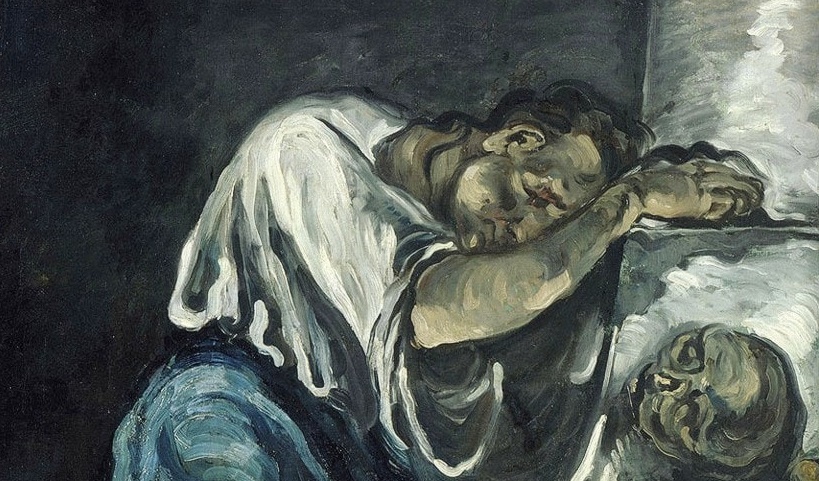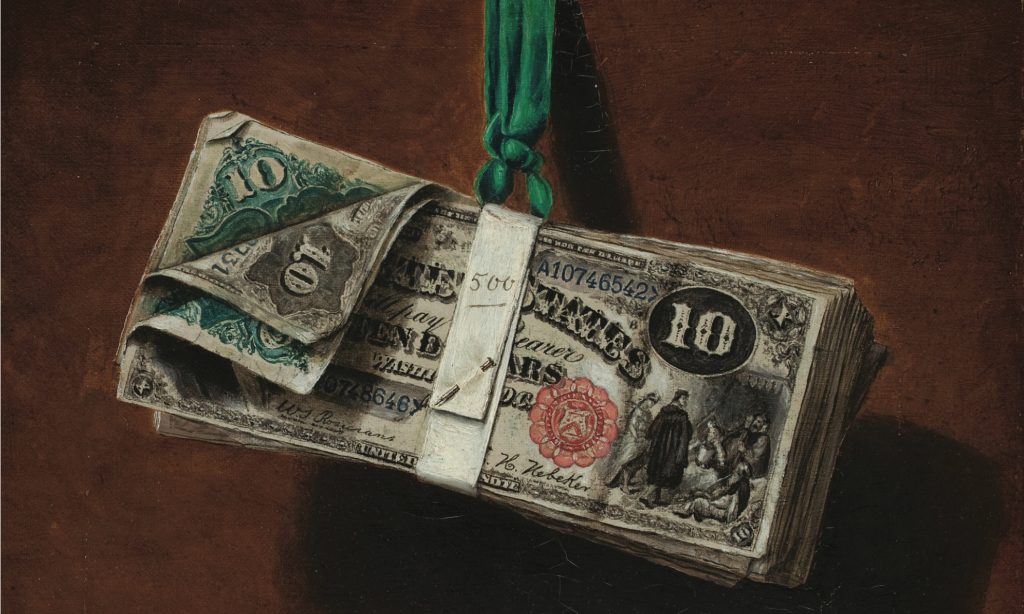
Thanksgivings as Gratitude for Harvest Beyond Our Own
The history of Thanksgiving\'s origins is instructive for modern times in several respects. It is widely known that the first Europeans to set foot in the Americas faced severe hardships. Nearly half of them starved to death as agriculture failed in their new lands. Today, we no longer confront the hunger endured by the first pilgrims.



![The Return of History to the Present with Luuk van Middelaar [PODCAST] The Return of History to the Present with Luuk van Middelaar [PODCAST]](https://4liberty.eu/phidroav/2025/11/Liberal-Europe-Podcast-Format-1-1024x1024.jpg)

![Will Robert Fico Be the Next Orbán? with Michal Vašečka [PODCAST] Will Robert Fico Be the Next Orbán? with Michal Vašečka [PODCAST]](https://4liberty.eu/phidroav/2024/10/LEP_Michal-Vasecka_1469x800-1024x561.png)

![Kosovo, Center-Periphery Tensions, and the Balkans with Besa Luci [PODCAST] Kosovo, Center-Periphery Tensions, and the Balkans with Besa Luci [PODCAST]](https://4liberty.eu/phidroav/2024/06/LEP_Besa_Luci_1469x800-1024x561.png)



